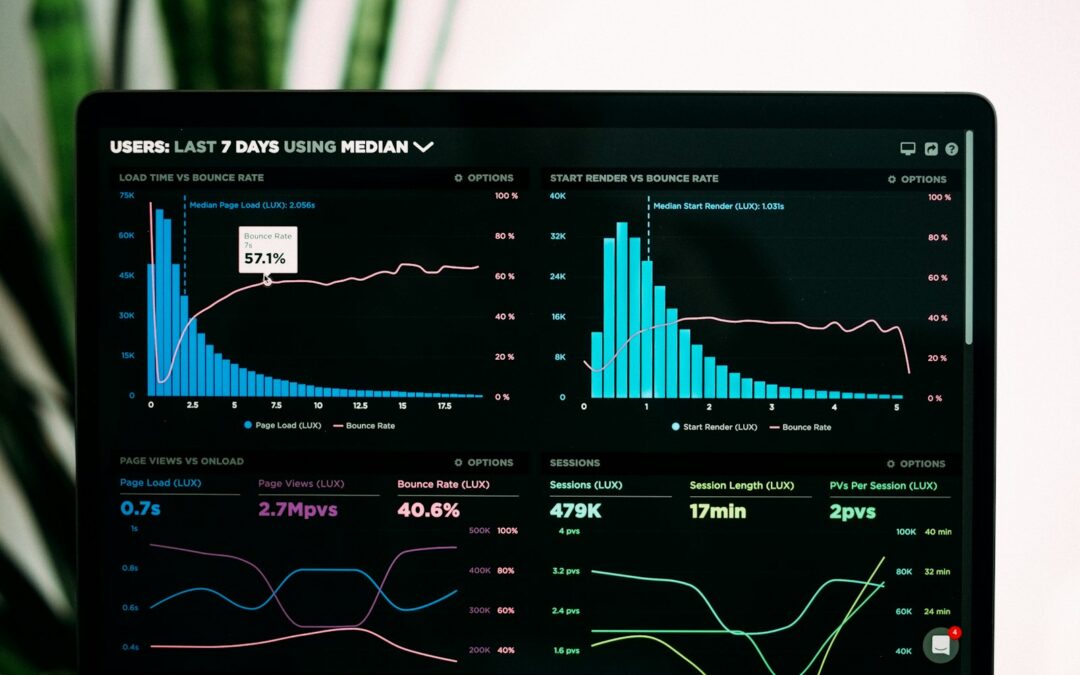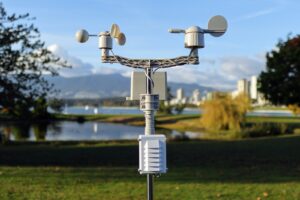Expanding IoT Ecosystems with LPWAN in Rural Regions
The Role of LPWAN Technology in Bridging the Connectivity Gap
In the context of advancing IoT ecosystems, LPWAN technology for rural IoT growth has become a pivotal force in connecting underserved areas to the global digital landscape. As countries like Saudi Arabia and the UAE strive to expand their technological infrastructure, the deployment of Low-Power Wide-Area Networks (LPWAN) has emerged as a key enabler for IoT growth in regions where traditional connectivity options may be limited or costly. By providing an affordable, scalable, and energy-efficient connectivity solution, LPWAN technology supports the expansion of IoT in rural and remote areas, thereby fostering economic development and enhancing the quality of life.
LPWAN technology, such as LoRaWAN and Sigfox, offers the ability to connect a vast number of IoT devices over long distances with minimal power consumption. This capability is particularly beneficial in rural areas, where power resources may be scarce, and the need for long-range connectivity is crucial. For instance, in agriculture, LPWAN can support IoT applications that monitor soil moisture levels, track livestock, and manage irrigation systems, all of which contribute to more efficient and sustainable farming practices. In Saudi Arabia and the UAE, where agriculture plays a significant role in the economy, LPWAN technology is instrumental in driving innovation and improving productivity in rural regions.
Moreover, the adoption of LPWAN technology in rural and underserved areas aligns with the broader goals of digital transformation in Saudi Arabia and the UAE. By bridging the connectivity gap, LPWAN enables these regions to participate in the digital economy, access new opportunities, and benefit from the technological advancements that are reshaping industries globally. This not only enhances the competitiveness of rural areas but also supports the national vision of building a more inclusive and connected society.
Fostering IoT Ecosystem Growth in Underserved Areas
The impact of LPWAN technology for rural IoT growth extends beyond connectivity; it also plays a crucial role in fostering the development of IoT ecosystems in underserved areas. By providing a reliable and cost-effective connectivity solution, LPWAN technology enables businesses, governments, and communities to deploy IoT applications that address the unique challenges faced by these regions. This includes everything from improving access to healthcare and education to enhancing infrastructure and environmental monitoring.
In the healthcare sector, for example, LPWAN can support the deployment of IoT devices that monitor patients’ health remotely, reducing the need for frequent visits to distant medical facilities. This is particularly valuable in rural areas of Saudi Arabia and the UAE, where access to healthcare services may be limited. By enabling remote monitoring and telemedicine services, LPWAN technology helps to bridge the healthcare gap, ensuring that even the most remote communities can benefit from modern medical care.
Similarly, in the context of infrastructure development, LPWAN technology can be used to monitor and manage critical infrastructure such as roads, bridges, and water systems. In regions where resources are limited, the ability to deploy IoT devices that provide real-time data on the condition of infrastructure can help to prevent failures, optimize maintenance schedules, and extend the lifespan of essential assets. This not only improves the quality of life for residents but also supports economic development by ensuring that infrastructure is reliable and resilient.
The Strategic Advantages of LPWAN in Rural IoT Deployment
Economic and Environmental Benefits of LPWAN Technology
The strategic deployment of LPWAN technology for rural IoT growth offers significant economic and environmental benefits, making it a valuable tool for governments and businesses in Saudi Arabia, the UAE, Riyadh, and Dubai. By enabling the deployment of IoT solutions in rural and underserved areas, LPWAN technology helps to unlock new economic opportunities, create jobs, and drive innovation in these regions. This is particularly important in the context of national development goals, where the focus is on building a diversified and sustainable economy.
Economically, LPWAN technology reduces the cost of deploying IoT solutions by minimizing the need for expensive infrastructure and reducing power consumption. This makes it possible for small and medium-sized enterprises (SMEs) in rural areas to adopt IoT technologies, driving innovation and competitiveness. For example, in the agricultural sector, the use of LPWAN-enabled IoT devices can lead to more efficient use of resources, increased crop yields, and reduced environmental impact. This not only benefits the individual farmers but also contributes to the overall economic growth of the region.
Environmentally, the energy-efficient nature of LPWAN technology supports sustainable development by reducing the carbon footprint of IoT deployments. In regions like Saudi Arabia and the UAE, where there is a strong focus on sustainability and environmental conservation, the adoption of LPWAN technology aligns with national efforts to reduce energy consumption and promote green technologies. By enabling the deployment of low-power IoT devices that monitor environmental conditions, manage natural resources, and optimize energy use, LPWAN technology plays a crucial role in advancing the sustainability agenda.
Conclusion: The Future of IoT in Rural and Underserved Areas
In conclusion, the adoption of LPWAN technology for rural IoT growth represents a significant step forward in expanding the reach and impact of IoT ecosystems in underserved areas. By providing a cost-effective, scalable, and energy-efficient connectivity solution, LPWAN technology enables the deployment of IoT applications that address the unique challenges faced by rural regions in Saudi Arabia, the UAE, Riyadh, and Dubai. From enhancing agricultural productivity to improving access to healthcare and infrastructure, LPWAN technology supports the development of resilient and sustainable communities.
As the IoT landscape continues to evolve, the role of LPWAN technology in supporting the growth of IoT ecosystems in rural and underserved areas will become increasingly important. By embracing this technology, businesses, governments, and communities can unlock new opportunities, drive economic development, and contribute to the national vision of a more connected and inclusive society. In a world where connectivity is key to unlocking the potential of IoT, LPWAN technology stands out as a critical enabler of growth and innovation in even the most remote regions.
—
#LPWANTechnology, #RuralIoT, #IoTEcosystems, #UnderservedAreas, #SmartTechnology, #SaudiArabia, #UAE, #Riyadh, #Dubai













